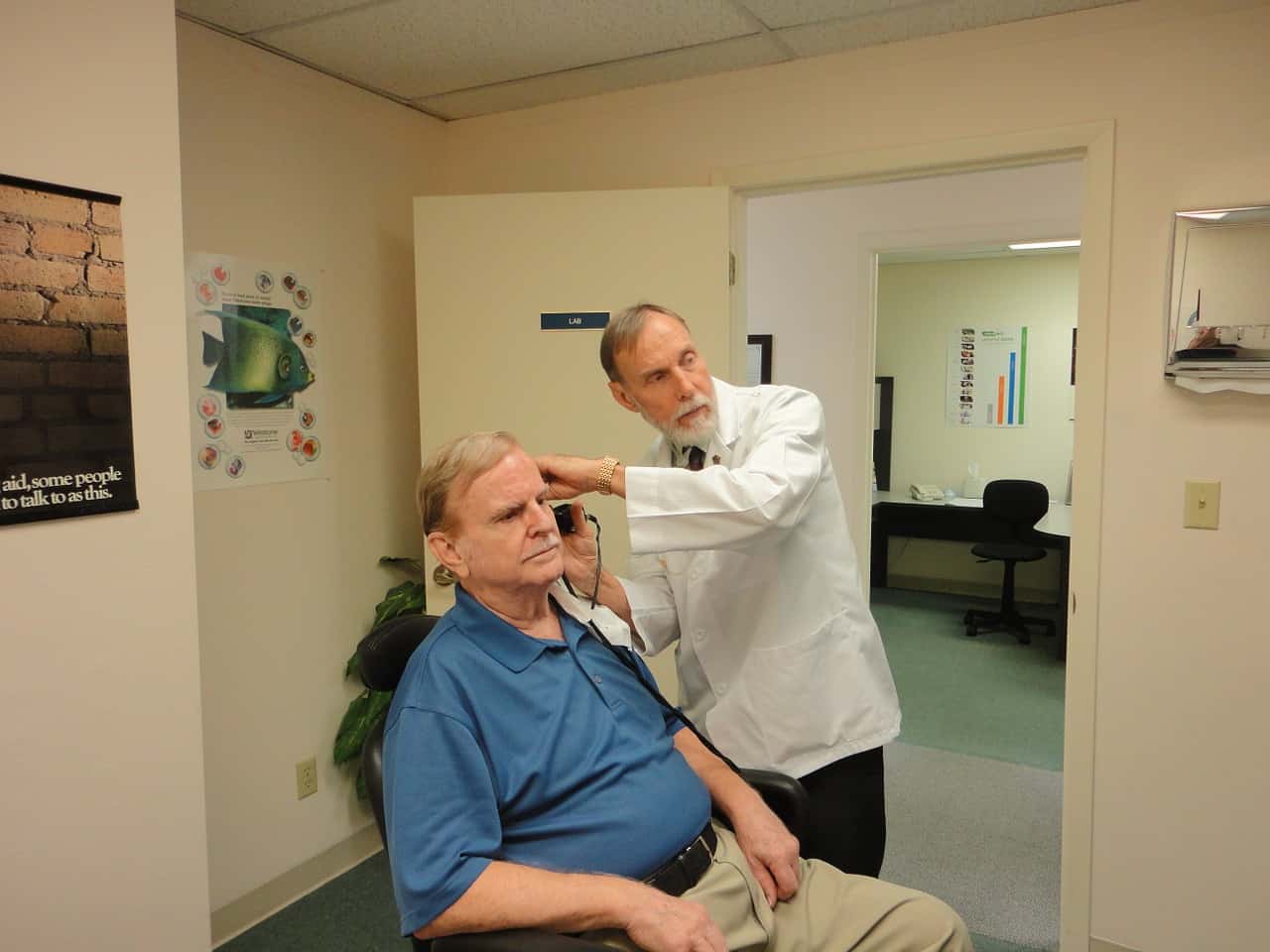How To Get The Most Benefit From Occupational Therapy For You Or Your Senior Loved One
Pegasus healthcare in Valley Village and elsewhere includes more than one kind of therapy. In this article, you will learn about the conditions that are improved by occupational therapy. We also give you some tips for getting the most benefit from it.
Dozens of kinds of therapies exist. Therapists can focus on mental health, emotions, social and personal relationships, or physical health. All are intended to improve an individual’s quality of life.
Some of the more widely-known therapies include:
- Art therapy
- Cognitive behavioral therapy
- Gestalt
- Hypnotherapy
- Marriage and family counseling
- Physical therapy
- Psychoanalysis
- Speech therapy
These and many others are helpful in specific situations. Pegasus home care services include helping you find professionals in these fields when needed.
Physical Therapy And Occupational Therapy Are Not The Same
It’s common for people to believe that there’s little difference between physical therapy and occupational therapy. It is true that the two disciplines overlap in certain areas, but they are different. Distinguishing factors include:
Physical therapy is more concerned with body movement. The physical therapist can treat an injury. They focus on improving mobility that’s been impaired by injury or illness.
Occupational therapy focuses on helping individuals improve their independence. The therapist concentrates on increasing life skills and ability to perform daily tasks.
Therapists in both disciplines are trained in human anatomy. They are also trained in injury and illness rehabilitation modalities. Both teach individuals how to prevent injury and understand the healing process.
Occupational Therapy Is Comprehensive
You might think that occupational therapy (OT) means helping you do your job. That’s part of it, but OT involves much more than your work. OT therapists define occupation as including work, self-care, home management, and leisure activities.
OT therapists consider the whole person to discover emotional, mental, or physical conditions that are restricting their activity. They start with improving obvious difficulties. The therapy later includes improving the underlying conditions as well.
Treatment can involve changes in the home environment to make it safer or making specific areas more accessible. OT therapists teach people how to use assistive devices if needed. They suggest lifestyle changes, devise appropriate exercises, and help individuals cope with the challenges to their health.
Their training enables OT therapists to help individuals who have dementia or other cognitive impairments. They are also qualified to help your loved one who has:
- A temporary or permanent disability
- An illness
- Behavioral or emotional problems
- Developmental disabilities
- Fallen or otherwise been injured
- Had surgery
- Loss of motor control or other body movement issues
- Memory loss
An OT therapist’s goal is to help each person achieve as much independence as possible. There is no one-size-fits-all occupational therapy treatment.
Chronic pain often accompanies aging. It can result from a variety of conditions and can lead to a deterioration in overall health. OT interventions for pain include:
- Learning different ways to move the body
- Training in ergonomics
- Reducing muscle tension
Improving communication skills can be important in some cases. Chronic pain doesn’t always have visible symptoms. Your senior loved one may not be adequately able to tell you about their pain.
Exercises that increase range of motion may be enough for some individuals. Installing grab bars to prevent falls are appropriate for others. Many benefit from occupational therapy treatments that help increase:
- Muscle strength and coordination, which helps prevent accidents and injuries
- Independence, especially after medical conditions such as strokes
- Memory and recall abilities by practicing techniques that stimulate the brain
- Social interactions that reduce isolation and depression
Many individuals see a reduction in insomnia and other sleep disorders.
Occupational Therapy Benefits You And Your Loved One
OT offers many benefits to you as the caregiver. They can teach you how to meet the needs of your loved one without sacrificing your health or risking injury. The therapist also provides a safe way to express negative feelings such as anger or frustration.
An OT therapist can teach family caregivers the skills they need to safely help their loved one. With the therapist’s help, they develop goals and divide care duties among family members. Stress is reduced without compromising the health or well-being of the loved one.
Occupational Therapy Is A Partnership Between Therapist and Patient
Occupational therapy requires active participation to get the most benefit. Experts suggest the following as ways of staying motivated and involved:
- Practice patience
- Ask questions and learn what to expect
- Express what is important to you
- Remember the goal you and the therapist set
- Show up for scheduled sessions
- Do the assigned homework
Knowing you are keeping yourself healthy while helping your loved provides additional motivation for you. If you’re having difficulty keeping your loved one motivated, ask the therapist for help.
Pegasus is a licensed Home Care Organization and a Joint Commission Accredited Home Health Care organization. Our healthcare professionals in Valley Village and our other locations strive continually to improve the quality of life of our clients.
Our services are customized to meet the needs of each individual. We offer support, compassion, and medical care. We are here for your loved one for the level of service they require to live safely at home.

